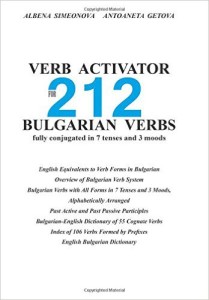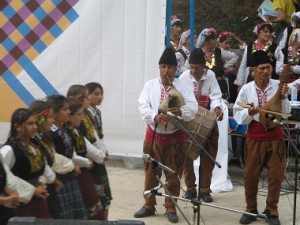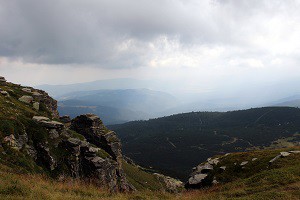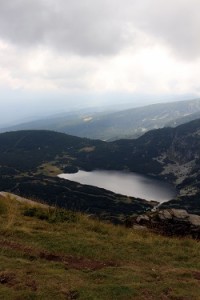This morning brought the phrase “banking the fire”, literally “инвестирам в огъня.” Иначе казано, инвестирам в семейството, в топлината, в сигурността на дома. Най-близък превод би бил изразът „заклаждам огъня“ (заклаждам го така, че да гори цяла нощ), although in Bulgarian it mostly means that someone is starting to make a fire. Related to this is “подклаждам огъня“ – to keep (keeping) the fire going, literally and metaphorically.
The words “банка”, “банкер”, “инвестиция“ and “инвестирам” are well adopted in the Bulgarian language. The notion of “banking the fire” however is foreign. So is the phrase “I am banking on you” – имам доверие в теб, доверявам (ти) се, разчитам (на теб), опирам се (на теб)…
We better learn the word “превеждам“ – “to translate”:
(Present tense, Imperfective aspect)
Аз превеждам
Ти превеждаш
Той/Тя/То превежда
Ние превеждаме
Вие превеждате
Те превеждат
Imperative: Превеждай! Превеждайте!
ххх
(Да) преведа (Present tense, Рerfective aspect)
Аз ще/мога да/ искам да… преведа
Ти ще преведеш
Той/Тя/То ще преведе
Ние ще преведем
Вие ще преведете
Те ще преведат
Imperative: Преведи! Преведете… „Дъската му хлопа“.


















